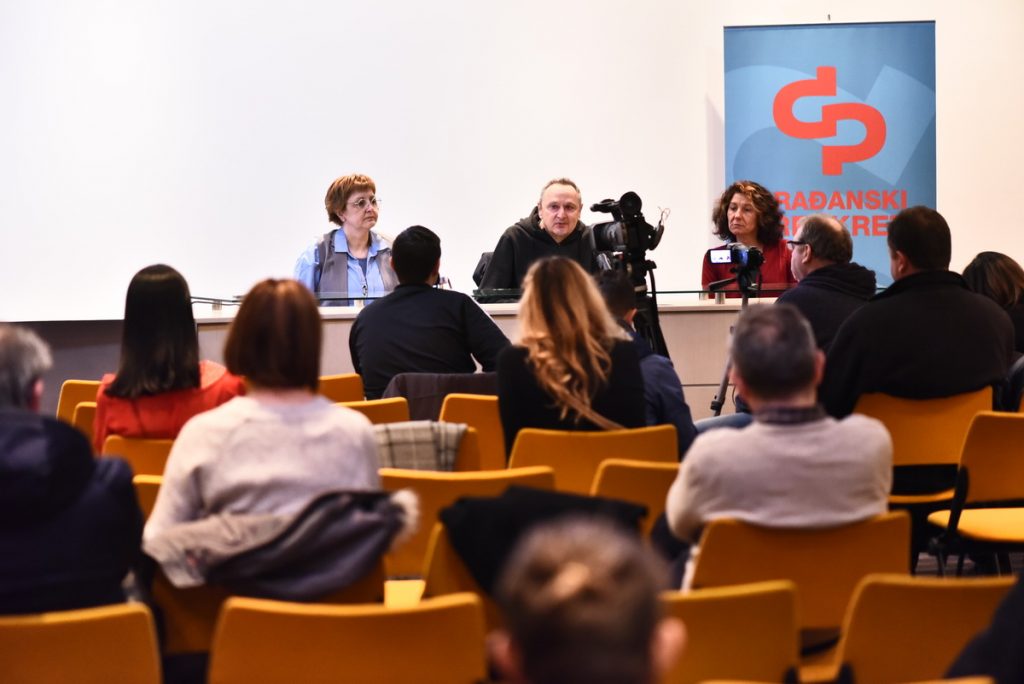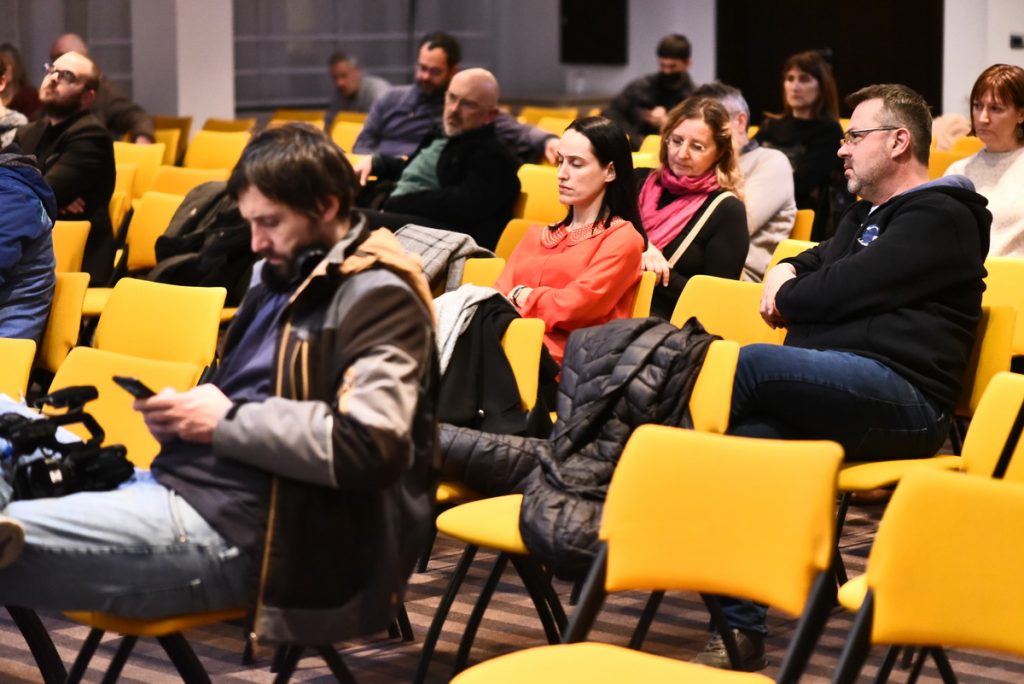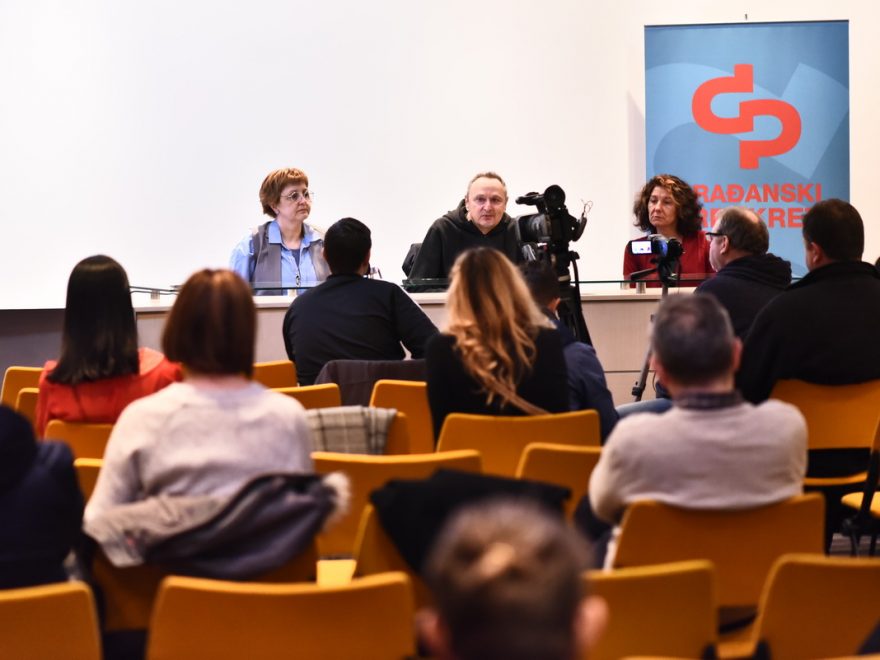After factories like Linglong, Hestil and Zidjin pollute the surrounding land, its complete biological rehabilitation is not possible, and partial rehabilitation costs a lot. What is poisoned in aquatic ecosystems is restored only after 20 to 30 years if there is no new pollution. Such areas have been sacrificed, devastated over time and become like the surface of Mars or the Moon – said Dr. Ljiljana Tomović, professor at the Faculty of Biology in Belgrade, at a panel discussion on pollution in Serbia in Zrenjanin last night.
She shared information about the experience from Switzerland, where the revitalization of 6 hectares of land exposed to such pollution cost 2 billion Swiss francs, and that despite the high price, it was not possible to fully restore it to its original state. Speaking about air pollution, Tomović said that Linglong is being built in the worst possible place for Zrenjanin – southeast of the city in the area where southeast winds usually blow.

Dr. Biljana Stojković added that it was absurd that Linglong occupied the most fertile Banat land. Such a “policy” of industrialization means that we will not only be left without agriculture, healthy food, rivers and forests, but that life in the city will become unbearable due to pollution. It is time for all possible alarms and alarms, many are still not aware of that, and they should understand that if this kind of pollution continues, there will be no more of us here – said Biljana Stojković.
She told about how a plastic recycling plant in Perlez, which she visited during the day, looks like. It’s as scary as it stinks, and the workers are without any protective equipment. Black resin, which is the waste from the incinerated waste, is discharged without any filters into the canal that flows next to houses and fields.
Dr. Tomović said that in Bor, nature is no longer talked about, it was destroyed, but only about the state of human health. In the last few years, information has been hidden about the increase in respiratory, carcinogenic and children’s diseases in north-eastern Serbia, although state institutions are obliged to monitor and publish that data.
We found out that extremely poor-quality ore is imported from abroad with a lower metal content and a higher content of toxic elements, to be processed in Bor, because Serbia is known as a country where environmental regulations are not respected, and environmental protection inspections do not enter Chinese plants. They could not do that in any other European country. Ecology is the chapter in which we will have the hardest time adjusting to European standards, the government will not say that Chapter 27 is the most expensive in negotiations with the EU and that in the future we will pay huge fines to the European Union for the pollution we emit.
The state has not invested in systematic monitoring of the state of the environment for the last 30 years. We barely forced the Environmental Protection Agency to publish its data, and then it changed the limit values of the amount of air pollution so that what is considered unhealthy air in Europe is treated as good air quality here, which is a falsification of facts.

Answering the questions of those present about what should be done in this situation, Stojković and Tomović said that the solution was to stop the work of pollutants and insist on meeting all environmental standards. If they can’t, if it’s not profitable for them, then they shouldn’t work. Many of them are in Serbia today only because they can remove the filters, thus save energy and achieve extra profit, and not be punished. They can say that they put filters, but there is no one independent and competent who can check that. If we have an irresponsible and corrupted government, we will also have the problem of pollution, the professors concluded, resignedly adding that there are people on the public scene and in high positions who betrayed their professions to say what the government wants, to divert attention from pollution.
Miroslav Samardzic, moderator of the panel organized by Gradjanski preokret, ironically concluded that if Serbia’s economic development is based on dirty industries, as is the case now, biologists will become redundant because they will have nothing to research.

